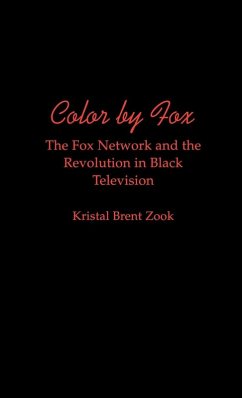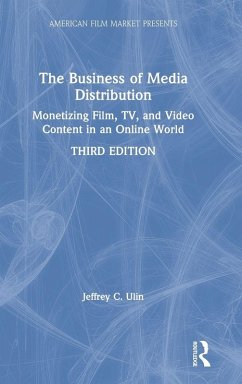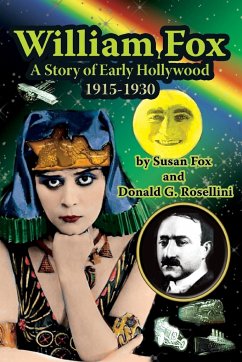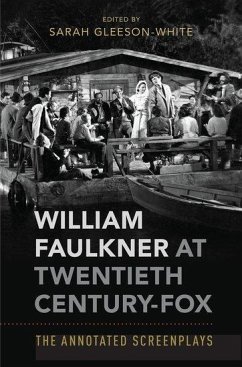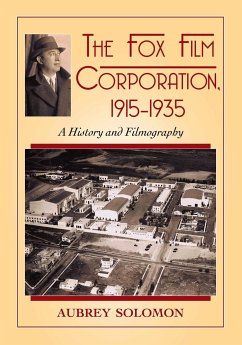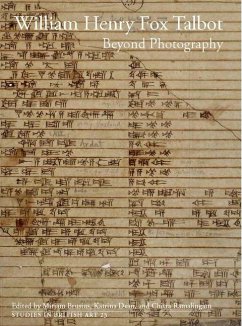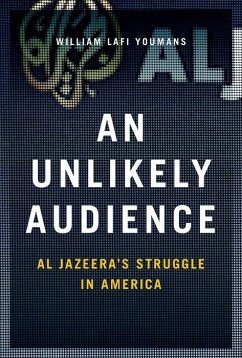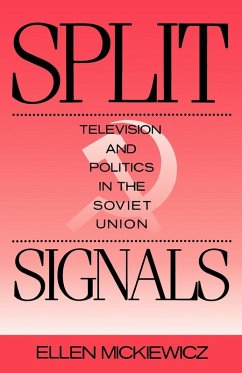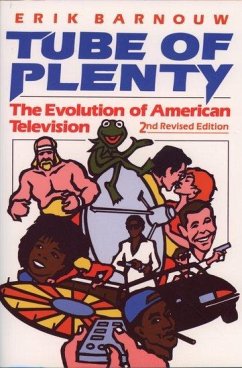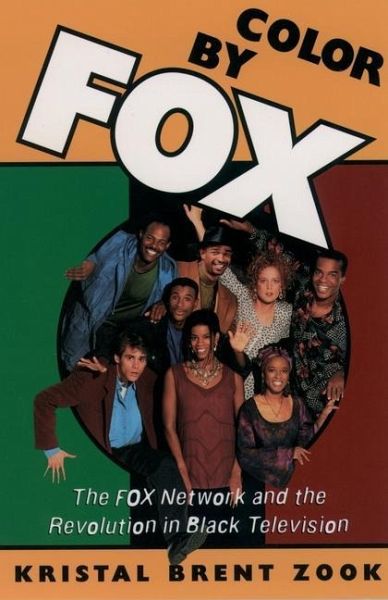
Color by Fox
The Fox Network and the Revolution in Black Television
Versandkostenfrei!
Versandfertig in 1-2 Wochen
47,99 €
inkl. MwSt.
Weitere Ausgaben:

PAYBACK Punkte
24 °P sammeln!
Following the success of "The Cosby Show" in the 1980s, an unprecedented shift took place in television history: white executives turned to black dollars as a way of salvaging network profits lost to video cassettes and cable T.V. Not only were African-American viewers watching disproportionately more network television than the general population but, as Nielsen realized, they preferred black shows. As a result, African-American producers, writers, directors, and stars were given an unusual degree of creative control over shows such as "The Fresh Prince of Bel Air", "Roe", and "Living Single"...
Following the success of "The Cosby Show" in the 1980s, an unprecedented shift took place in television history: white executives turned to black dollars as a way of salvaging network profits lost to video cassettes and cable T.V. Not only were African-American viewers watching disproportionately more network television than the general population but, as Nielsen realized, they preferred black shows. As a result, African-American producers, writers, directors, and stars were given an unusual degree of creative control over shows such as "The Fresh Prince of Bel Air", "Roe", and "Living Single". What emerged were radical representations of African-American memory and experience. Offering a fascinating examination of the explosion of black programming in the 1980s and 1990s, this book provides, for the first time ever, an interpretation of black TV based in both journalism and critical theory. Locating a persistent black nationalist desire -- a yearning for home and community -- in the shows produced by and for African-Americans, Kristal Brent Zook shows how the Fox hip-hop sitcom both reinforced and rebelled against earlier black sitcoms from the sixties and seventies. Incorporating interviews with such prominent executives, producers, and stars as Keenen Ivory Wayans, Sinbad, Quincy Jones, Robert Townsend, Charles Dutton, Yvette Lee Bowser, and Ralph Farquhar, this study looks at both production and reception among African-American viewers, providing nuanced readings of the shows themselves as wee as the sociopolitical contexts in which they emerged. While black TV during this period may seem trivial or buffoonish to some, color by Fox reveals its deep-rooted ties toAfrican-American literature and autobiography, and a desire for social transformation.




